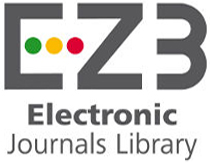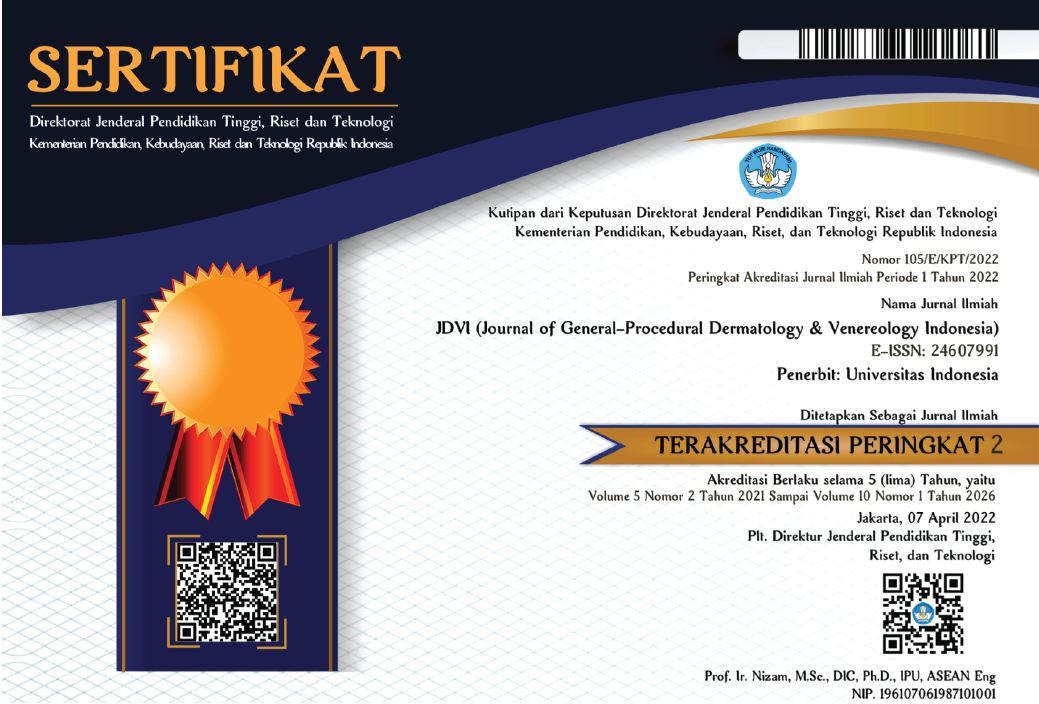Abstract
Background: Exposure to ultraviolet A & B (UVA-UVB) plays a role in the survival of human life, but it may cause negative effects, such as immunosuppression and skin cancer. The effect of solar UVA-UVB exposure on apoptosis (Bax/Bcl-2 ratio) of peripheral blood cutaneous lymphocyte antigen (CLA)+ T-lymphocyte; the immune competent cells in the skin, has not been investigated. Apoptosis of peripheral blood CLA+ Tlymphocyte affects its function; which serves as the skin's resistance and is involved in infectious diseases, skin inflammation, and malignancies. This study observed the effect of solar UVA-UVB to apoptosis (Bax/Bcl2 ratio) of peripheral blood CLA+ T-lymphocytes.
Methods: An observational cohort study of 37 male outdoor workers (caddies on the golf course) and 33 indoor workers in Surabaya, aged 20-45 years, with skin phototype IV/V. Measurement of solar UVA-UVB doses received by the subjects was conducted for 2, 4, and 8 weeks. Examination of Bax and Bcl-2 of peripheral blood CLA+ T-lymphocyte was conducted at the beginning of the study, after 4 and 8 weeks.
Results: The average dose of solar UVA-UVB for 8 weeks received by outdoor workers was 12450.51±3948.81 (J/m2 ) and that by indoor workers was 1793.97±1518.46 (J/m2 ). Exposure to solar UVAUVB leads to the increase of apoptosis (Bax/Bcl-2 ratio) of peripheral blood CLA+ T-lymphocytes (p=0.003).
Conclusion: Cumulative exposure to solar UVA-UVB radiation in high-dose or received within 8 weeks resulted in the increase in apoptosis of peripheral blood CLA+ T-lymphocytes.
Recommended Citation
Hidayati, Afif Nurul; Pohan, Saut Sahat; Pudjirahardjo, Widodo J.; and Effendy, Isaac
(2018)
"Cumulative exposure to solar ultraviolet A & B increases apoptosis of peripheral blood cutaneous lymphocyte antigen (CLA)+ T-Lymphocytes in outdoor workers,"
Journal of General - Procedural Dermatology and Venereology Indonesia: Vol. 3:
Iss.
1, Article 3.
DOI: 10.19100/jdvi.v3i1.103
Available at:
https://scholarhub.ui.ac.id/jdvi/vol3/iss1/3
Included in
Dermatology Commons, Integumentary System Commons, Skin and Connective Tissue Diseases Commons






























